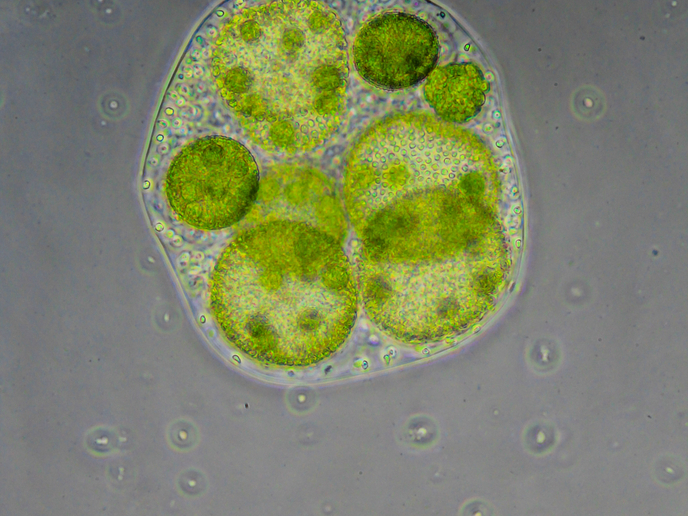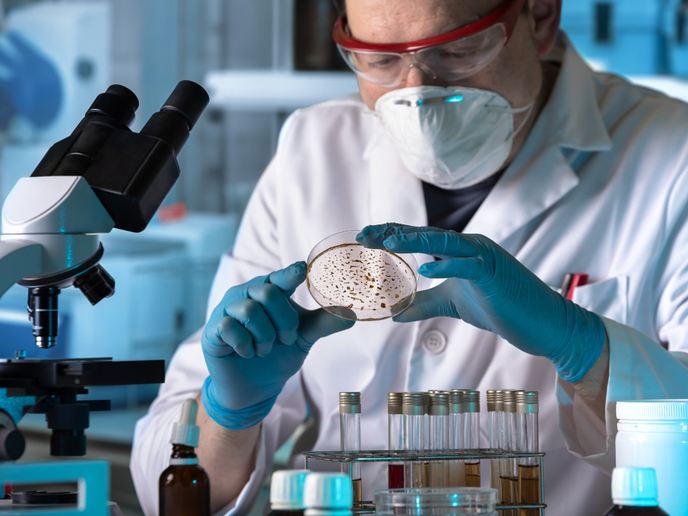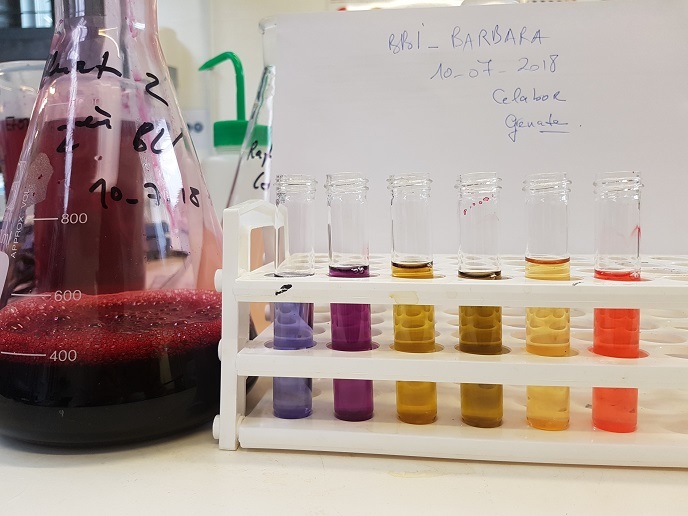Replacing hazardous solvents with safer, renewable alternatives
Solvents are a class of chemical products that can dissolve, suspend or extract other substances without changing their physical properties. According to the European Solvents Industry Group(opens in new window), solvent manufacturers produce 5 million tonnes of solvents each year, contributing EUR 4 billion to Europe’s economy(opens in new window). However, certain solvents that are sourced from petrochemicals are highly toxic. The ReSolve(opens in new window) project investigated safer, bio-based alternatives to replace two hazardous solvents that European industries use in large volumes: toluene and N-Methyl-2-pyrrolidone (NMP). ReSolve received funding from the Bio-based Industries Joint Undertaking, a public private partnership between the EU and Bio-based Industries. Using their expertise in biomass feedstocks and renewable chemicals, researchers developed replacement solvents based on non-food carbohydrates. The safety of the new solvents was evaluated with in silico models to predict biological behaviour and in vitro bioassays to assess the actual chemical behaviour before getting into the development stage. Technoeconomic and sustainability assessments were conducted to optimise process designs for industrial production and understand the actual impact on nature. “Although the manufacturing costs of the newly developed solvents are higher than those of conventional solvents, the cost is deemed acceptable considering that the solvents require ‘first-of-their-kind’ production plants,” notes James Clark, professor at the University of York, United Kingdom. “Moreover, the production of ReSolve solvents typically releases two-thirds of the harmful substances that petrochemical solvents emit.”
Promising bio-based solvent alternatives
Researchers synthesised 2,2,5,5-tetramethyloxolane (TMO), a non-polar solvent with similar properties to toluene, for use in adhesive film production. “This bio-based solvent has the potential to replace not only toluene but also other hazardous solvents. It displays similar performance in chemical reactions as toluene. The solubility of certain substances even improved in certain applications where TMO was tested,” adds Clark. “TMO can highly benefit extraction processes and biocatalysis where process performance is limited by the solubility of key substances.” The project team also synthesised a safer, bio-based alternative called dihydrolevoglucosenone(opens in new window) (Cyrene™) to replace NMP, a solvent on which the EU has imposed strict conditions on its use for both employee safety and environmental sustainability. Cyrene™, which is produced from treating waste sawdust with acid, efficiently replicates NMP properties without harming health. Project partner Circa Group(opens in new window) has undertaken the construction of a plant in France that will produce 1 000 tonnes of bio-based Cyrene™ annually. In addition to TMO and Cyrene™, the researchers tested other promising carbohydrate-based solvents to replace NMP, toluene and other hazardous solvents. Their methodology could also be replicated in the development of sustainable, recyclable, bio-based polymers.
Gearing up for a more sustainable chemical industry
Replacing harmful solvents with non-biobased alternatives in various everyday product applications is not enough to dispel health concerns and make chemical manufacturing less wasteful and more eco-friendly. The limited number of non-biobased and safe alternatives should raise similar toxicity issues, and the use of many traditional chemicals will likely be restricted in the near future. ReSolve successfully synthesised and tested two biobased solvents that could replace toluene and NMP, evaluated production costs and identified the target markets. Further research needs to be conducted to identify and assess additional solvents as a one-size-fits-all approach could not meet the requirements of different applications.







